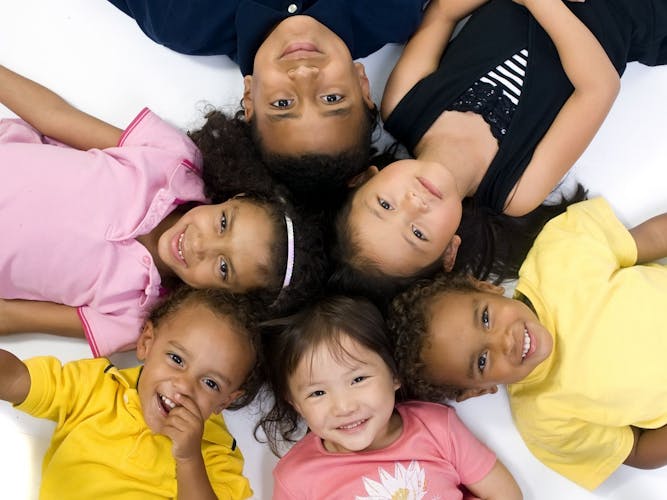As children stand on the precipice of formal education, the role of Pediatric Therapy and School Readiness becomes undeniable. The significance of school readiness acts as a linchpin for their academic journey. Beyond mere preparation, it's a melange of skills and competencies, underpinned by pediatric therapy, that ensures they flourish in a structured school environment.
In this context, pediatric therapy isn't merely about support; it's a transformative process. Addressing developmental hindrances, instilling crucial skills, and facilitating a smooth transition to school become the driving forces behind a child's educational journey. This therapy acts as the wind beneath a child's wings, preparing them for school and giving them the confidence they need.
Pediatric Therapy: Assessing the Readiness Quotient
- Diving into school readiness involves an intricate understanding of various facets: cognitive prowess, social adeptness, emotional stability, linguistic abilities, and motor skills.
- Pediatric therapists employ exhaustive evaluations to gauge a child's school readiness, shedding light on developmental lags that could throw a spanner in the works.
The Cognitive Landscape in School Readiness
Children's cognitive abilities serve as the bedrock for their learning trajectory. These encompass attention spans, memory, problem-solving acumen, and executive functionalities.
- Through precise interventions and activities, pediatric therapy amplifies these cognitive faculties.
- Moreover, parents can adopt several strategies at home to further bolster cognitive readiness.
Language in School Readiness: The Bridge to Expression
- Language isn't just about words; it's a child's passport to effective communication in school.
- Speech therapy emerges as a beacon, enhancing language absorption, expressive prowess, and seamless peer and teacher interactions.
- Parents, too, can indulge in language-dense activities, enriching their child's linguistic journey.
Pediatric Therapy: Navigating the Social and Emotional Maze
- A child's emotional equilibrium and social nuances are pivotal in determining their classroom resonance.
- Through a strategic approach, pediatric therapy addresses social roadblocks, emotional regulation, and self-belief, culminating in fruitful social engagements.
- Parents aren't bystanders; armed with practical strategies, they can champion their child's socio-emotional ascent.
Motor Skills: Pediatric Therapy's Approach from Penmanship to Playground
- Motor skills hold undeniable significance, whether it's the art of handwriting or the joy of a playground sprint.
- Enter occupational and physical therapy. Children hone fine and gross motor skills through their expertise, priming them for diverse school tasks.
- Parents, meanwhile, can pepper their child's routine with motor-skill-enhancing activities, mirroring therapy goals.
Pediatric Therapy: Preparing for School Transition
- The leap to school isn't solitary; it involves a collaborative dance between parents, educators, and therapists.
- Pediatric therapists liaise with educational institutions, integrating therapy objectives seamlessly into classroom paradigms.
- And as children take their nascent steps in school, a robust support ecosystem ensures they never falter.
In Conclusion:
Pediatric therapy is more than therapeutic touchpoints; it's the compass guiding children toward school readiness. With an emphasis on holistic development, it crafts confident learners eager to embrace the academic world. Through the teamwork of therapists, parents, and educators, children don't just step into school; they soar. And with pediatric therapy by their side, the sky's the limit.


